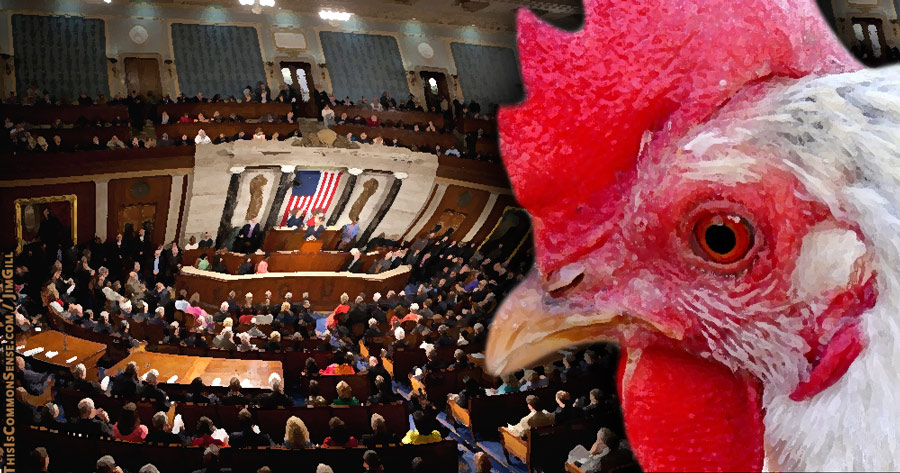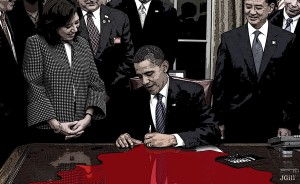Responsibility: demand it of others, expect it demanded of you.
So you might think that those who try to redress old grievances with compensatory (“reverse”) discrimination would be a bit more careful.
Yesterday I wrote about the bizarre Google Memo case, wherein an employee was fired for (basically) warning of a groupthink ideological monoculture at Google . . . thus proving him right.*
Last weekend I wrote about racial quotas in college entrance.
In both cases, there’s this idea that moderns in general and white males in particular must “accept responsibility” for the past.
And the evidence is undeniable: Our pale-faced ancestors — or more likely a very small percentage of other white people’s ancestors — held human beings in bondage. So, too, did almost all peoples around the world; slavery’s old. Here in these United States, after our bloodiest war, our forebears ended that ancient crime. Then there was another century of Jim Crow discrimination, with systemic violence committed against blacks in many areas of the country, often with government acquiescence or involvement.
Harvard and other educational institutions are trying to right those wrongs.
But there’s a problem: the principle behind their affirmative action schemes is lunatic: Each person of one race bears responsibility for the crimes committed by any person of that same race.
Far better is individual responsibility. Individuals have every right to compensation for any harm another has caused them, certainly. But folks have no right to create new harms against innocent people who happen merely to be of the same race or gender as those who have caused them past harm.
Justice is supposed to be blind, not crazy.
This is Common Sense. I’m Paul Jacob.
* The author, it is worth noting, addressed this monoculture in his title, “Google’s Ideological Echo Chamber.” I wonder if being proven right by one’s enemies compensates for job loss.











